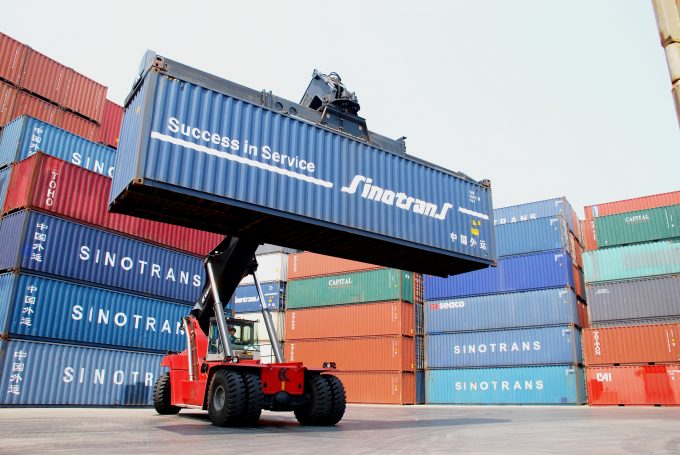Tariffs and de minimis set air freight rates on a volatile course
Airfreight rates are climbing as shippers rush to move goods before a potential trade war ...

China’s largest freight forwarding and logistics group, Sinotrans, has reported largely flat trading results in its first year of being state owned.
Sinotrans, listed on the Hong Kong Stock Exchange, saw total revenues for the year came in at Rmb46.7bn (US$6.8bn) compared with Rmb45.5bn in 2015, representing a 2.8% growth.
It reported an operating profit of Rmb1.57bn, compared with Rmb1.64bn last year, while net profit grew from Rmb1.96bn to Rmb2.09bn.
Last year was the first in which the company formally became a subsidiary of state-owned port operator China ...
Asia-USEC shippers to lose 42% capacity in a surge of blanked sailings
Why ROI is driving a shift to smart reefer containers
USTR fees will lead to 'complete destabilisation' of container shipping alliances
New USTR port fees threaten shipping and global supply chains, says Cosco
Transpac container service closures mount
Outlook for container shipping 'more uncertain now than at the onset of Covid'
DHL Express suspends non-de minimis B2C parcels to US consumers

Comment on this article